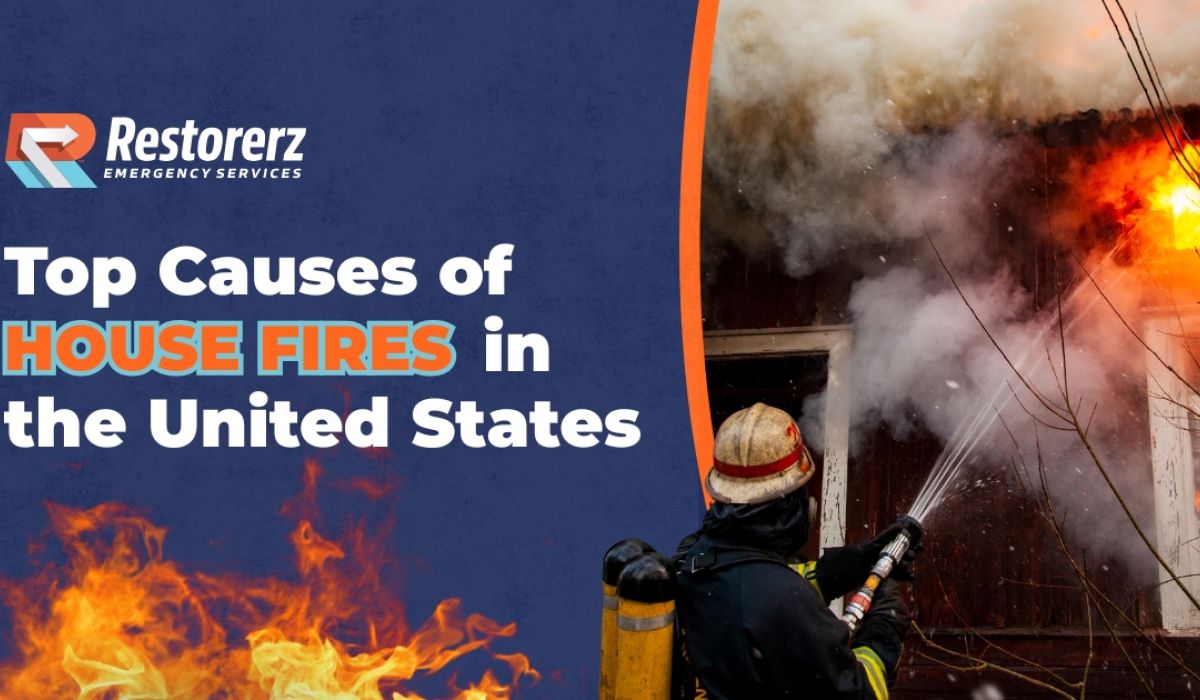What is Black Water & Why is it Dangerous?

CEO, Restorerz Emergency Services
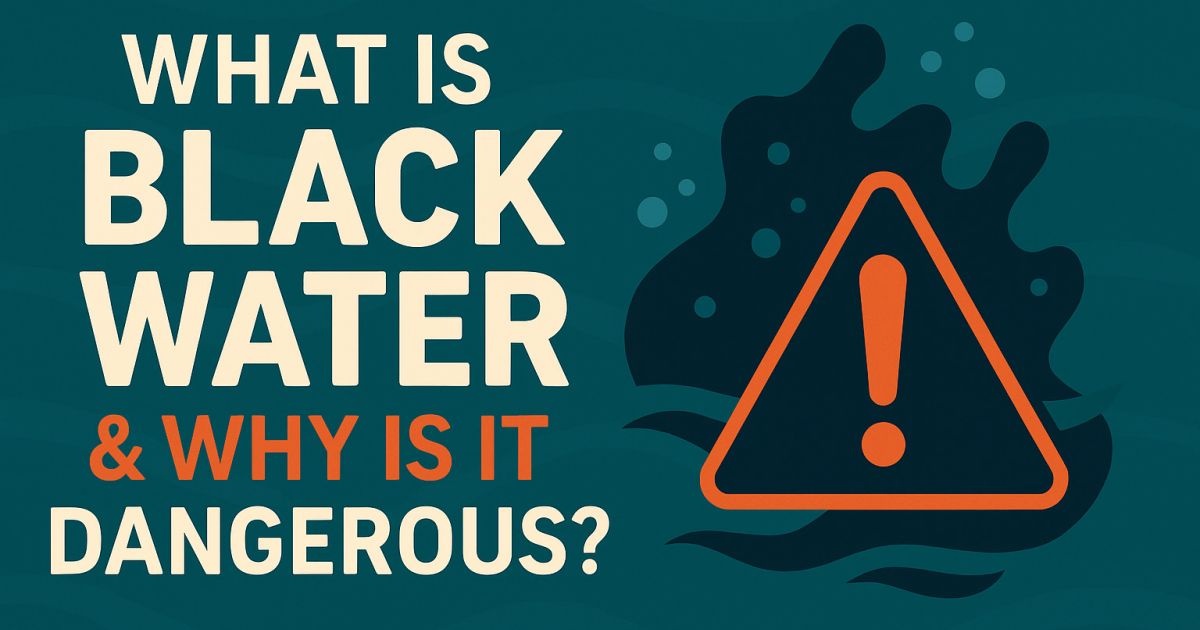
Water damage in homes or buildings can range from minor annoyances to major emergencies. One of the most serious types of water damage involves black water, a term that often raises concern due to the health risks and contamination it implies. Knowing what black water is, where it comes from, and how to respond to it can protect your health and property. This article breaks down the key facts about black water, the dangers it poses, and how to deal with it safely and effectively.
Table of Contents
Common Causes of Black Water
Black water has been contaminated with human waste, pathogens, or harmful chemicals. This is known as a category 3 type of water damage and typically originates from sources such as:
| Cause | Description |
|---|---|
| Sewage backups | Overflowing toilets or backed-up sewer lines introduce raw sewage, fecal matter, urine, and harmful microbes into the home. |
| Natural disaster flooding | Floodwaters from storms or hurricanes can mix with agricultural runoff, chemicals, and sewage, creating a toxic mix. |
| Toilet overflows | Any toilet overflow that includes solid human waste is classified as black water. |
| Septic tank failures | Malfunctioning or backed-up septic systems can release untreated sewage into the home or yard. |
It’s important to differentiate black water from gray water, which may come from sinks, showers, or washing machines and doesn’t typically contain harmful contaminants. Though gray water can become black water if left untreated or if it comes into contact with sewage or chemicals.
Health Risks Associated with Black Water
Exposure to black water carries serious health risks, especially if the water comes into direct contact with the skin, is ingested, or contaminates food preparation areas.
Some of the most common health hazards include:
| Health Hazard | Impact |
|---|---|
| Bacterial infections | Includes E. coli, Salmonella, and Campylobacter, which can cause diarrhea, nausea, and vomiting. |
| Viral infections | Hepatitis A, norovirus, and rotavirus may cause liver damage and gastrointestinal issues. |
| Parasitic infections | Giardia and Cryptosporidium thrive in black water and can lead to severe intestinal problems. |
| Skin irritations and rashes | Even brief contact can cause inflamed, itchy, or painful skin. |
| Respiratory issues | Mold and mildew from black water can trigger asthma and allergic reactions. |
Inhaling airborne pathogens from dried residues is also a common risk, especially in poorly ventilated spaces. Always wear protective gear if you’re near contaminated zones. Individuals with compromised immune systems, young children, and the elderly are especially vulnerable to the effects of black water contamination.
Dangers of Black Water
Beyond the direct health risks, black water poses serious environmental and structural dangers. These include:
| Danger | Description |
|---|---|
| Structural damage | Weakens floors, walls, and foundations. Can cause rot, erosion, and crumbling materials. |
| Mold growth | Creates a thriving environment for airborne mold spores, triggering respiratory issues. |
| Contamination of HVAC systems | Spreads black water contaminants throughout the building, complicating cleanup. |
| Electrical hazards | Can lead to shorts, sparks, or fires from water-damaged wiring. |
| Loss of valuables | Can destroy furniture, documents, and personal items beyond repair. |
| Odor and staining | Leaves persistent foul smells and unsightly stains long after cleanup. |
Attempting to clean up black water without proper equipment and training can increase exposure and exacerbate these problems. Always call a professional like Restorerz.
Treatment and Disposal of Black Water
Dealing with black water is not a DIY task. It requires professional expertise, specialized equipment, and strict adherence to safety protocols. The treatment and disposal process typically involves several tasks, including:
| Step | Description |
|---|---|
| Assessment and containment | Checking the extent of contamination and isolating affected areas to prevent the spread of pathogens. |
| Water extraction | Using industrial pumps and vacuums, black water is quickly removed from the property. |
| Sanitization and disinfection | Cleaning with EPA-approved disinfectants to kill bacteria, viruses, and mold spores. |
| Drying and dehumidification | Using high-powered air movers and dehumidifiers to eliminate moisture and prevent mold growth. |
| Proper disposal | Disposing of all contaminated materials in compliance with local and federal environmental regulations. |
Possible Solutions and Prevention Measures
While it’s not always possible to prevent black water incidents — especially during natural disasters — there are steps homeowners can take to reduce risk and respond effectively:
- Schedule routine plumbing inspections to catch potential sewer line problems early.
- Install backflow valves to prevent sewage from backing up into your home during heavy rainfall or system overload.
- Clear all gutters and drains to reduce the likelihood of basement flooding and water accumulation near your foundation.
- Elevate appliances and electrical systems.
- Install sealing foundations and sump pumps.
- Create an emergency plan and know the signs of black water contamination and who to call for professional help.
Contact Restorerz 24/7 for Professional Water Damage Restoration
When you’re facing a black water emergency, time and expertise matter. At Restorerz Emergency Services, we specialize in 24/7 water damage restoration, including black water removal and sanitation. Our IICRC-certified technicians are trained to handle hazardous situations safely and effectively, using advanced equipment to restore your home or business to a clean, livable condition.
Whether it’s a sewage backup, storm flood, or plumbing disaster, Restorerz is here around the clock to respond quickly and minimize damage. We work directly with insurance providers to streamline your claim and ensure peace of mind throughout the restoration process.
Don’t risk your health or your property. Call Restorerz and let the professionals handle your water emergency.

![What is Green Mold [Comprehensive Guide]](/wp-content/uploads/yootheme/cache/19/197b4ee6.jpg)
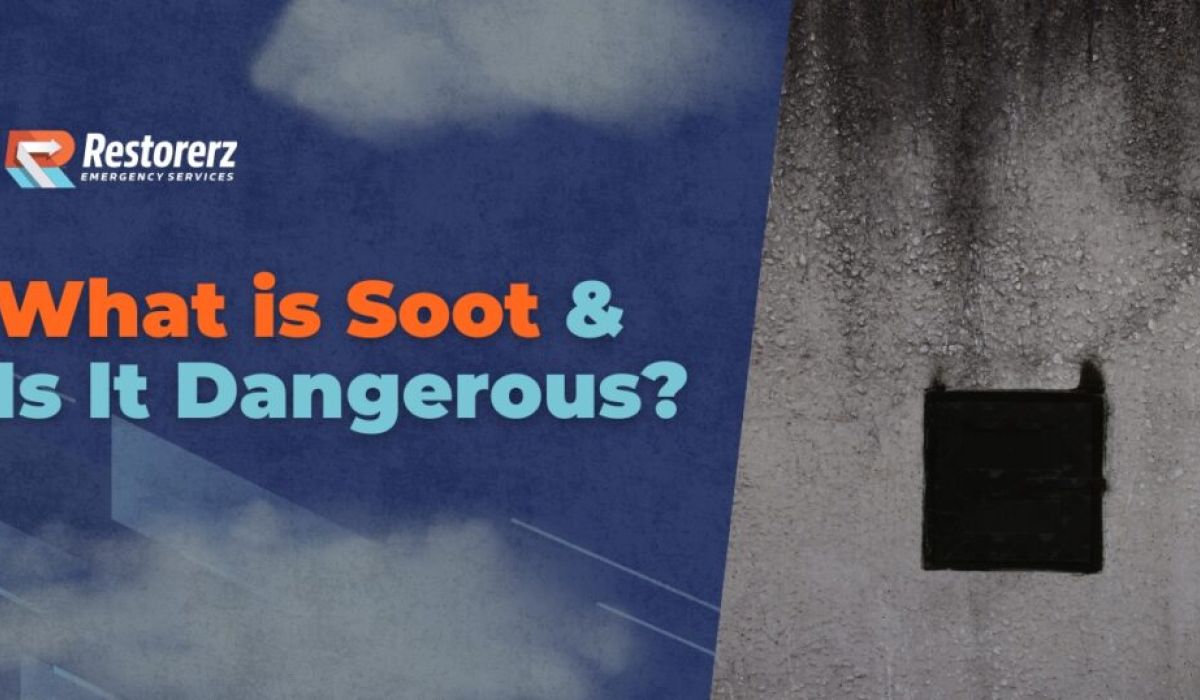

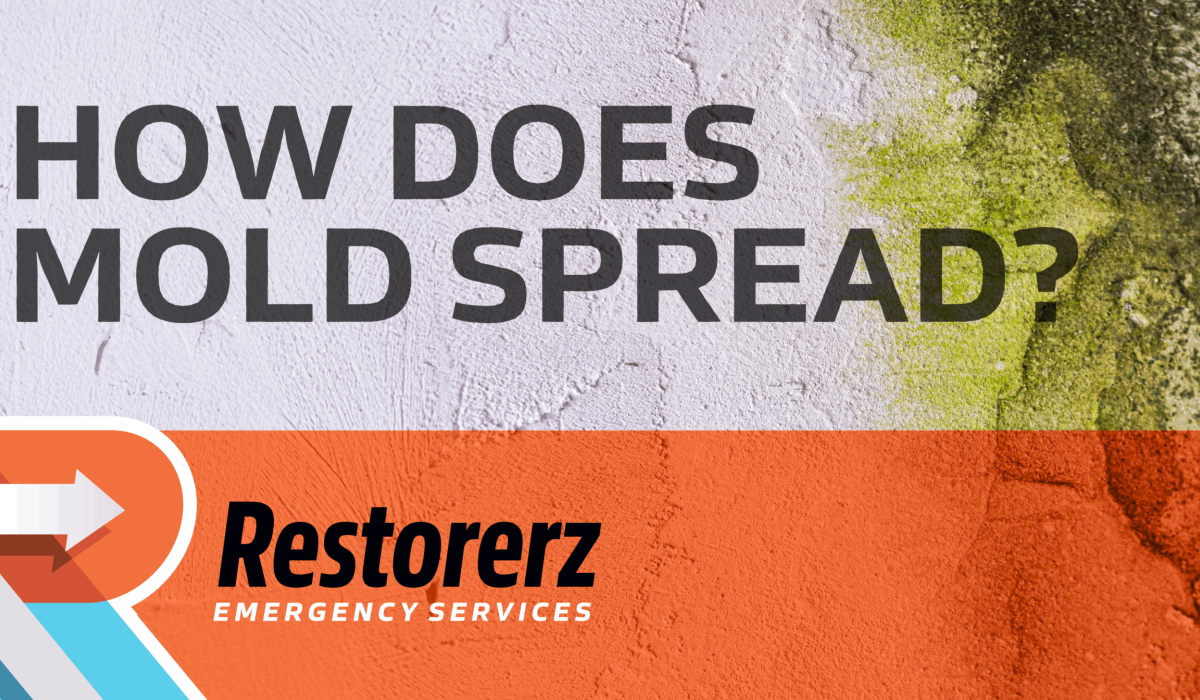
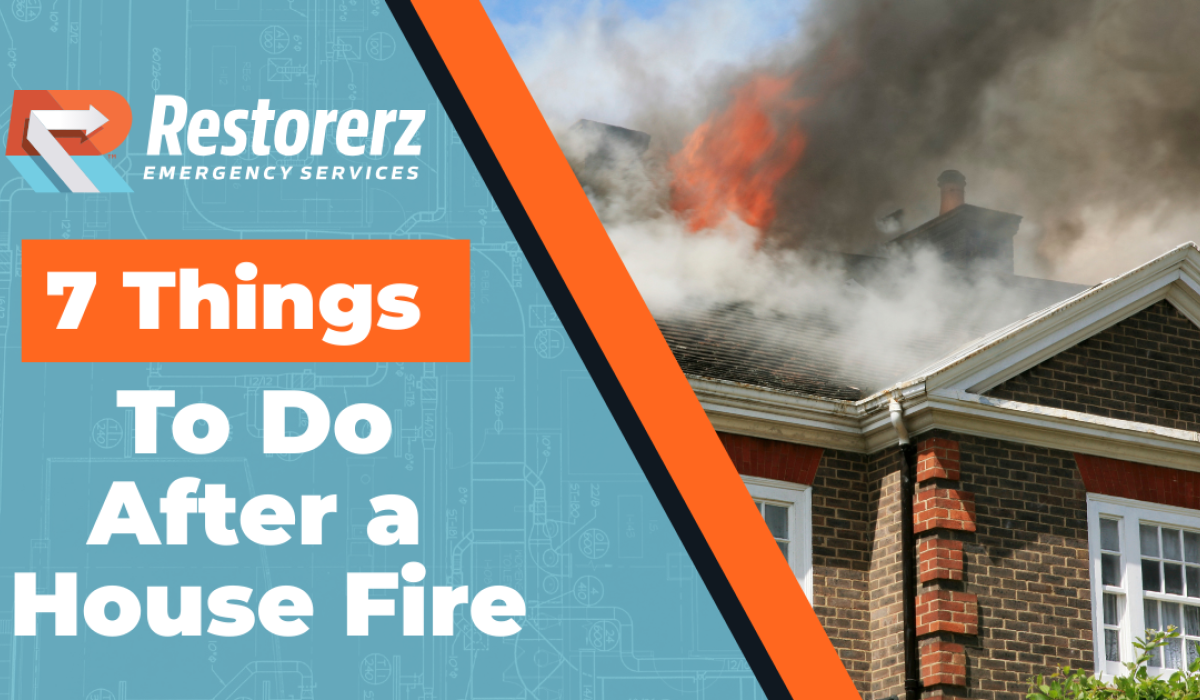
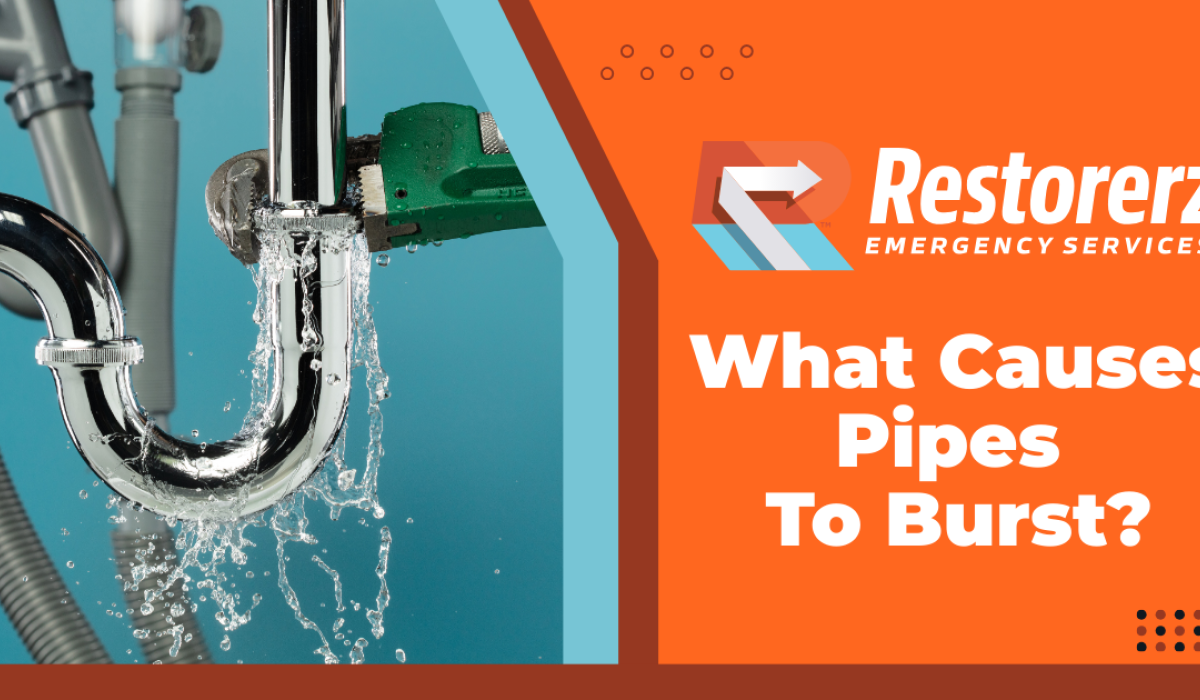
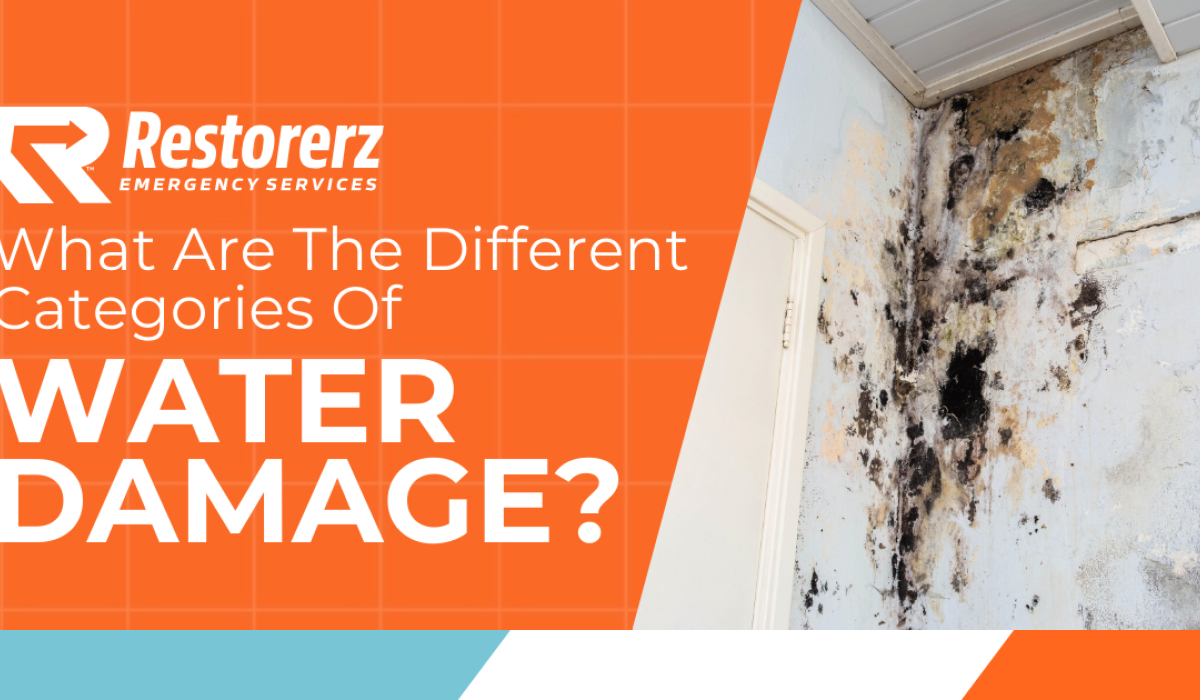
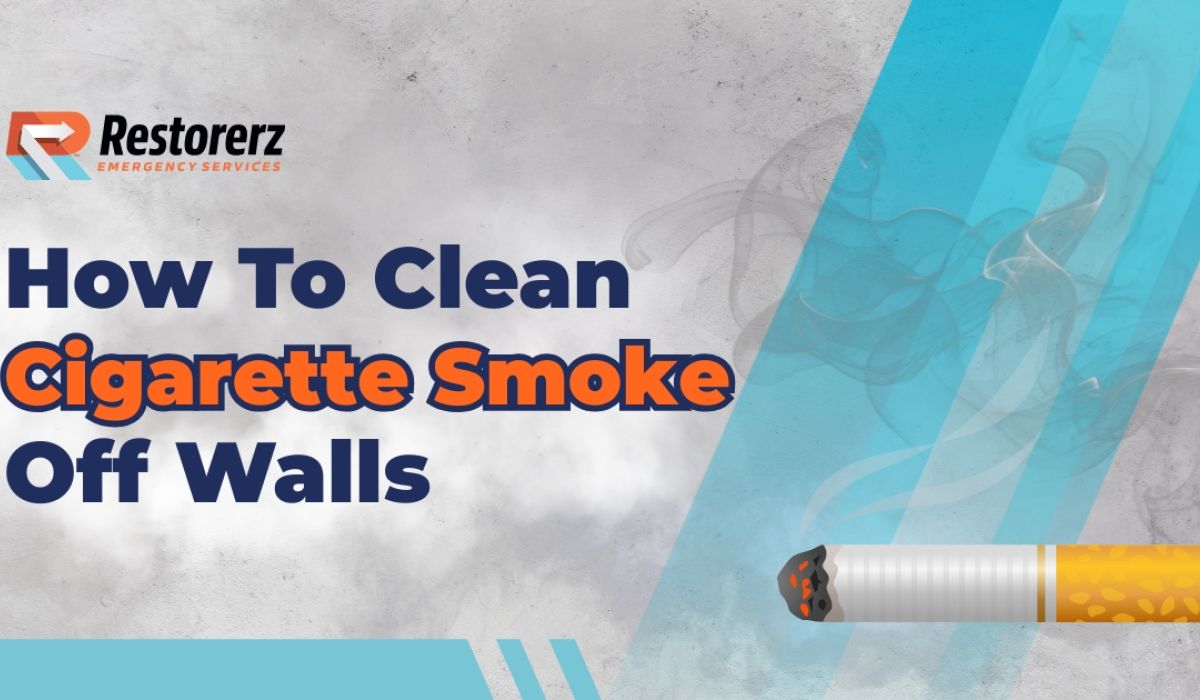
![All About Pink Mold [Prevention & Remediation Strategies]](/wp-content/uploads/yootheme/cache/e7/e7e68dd7.png)
